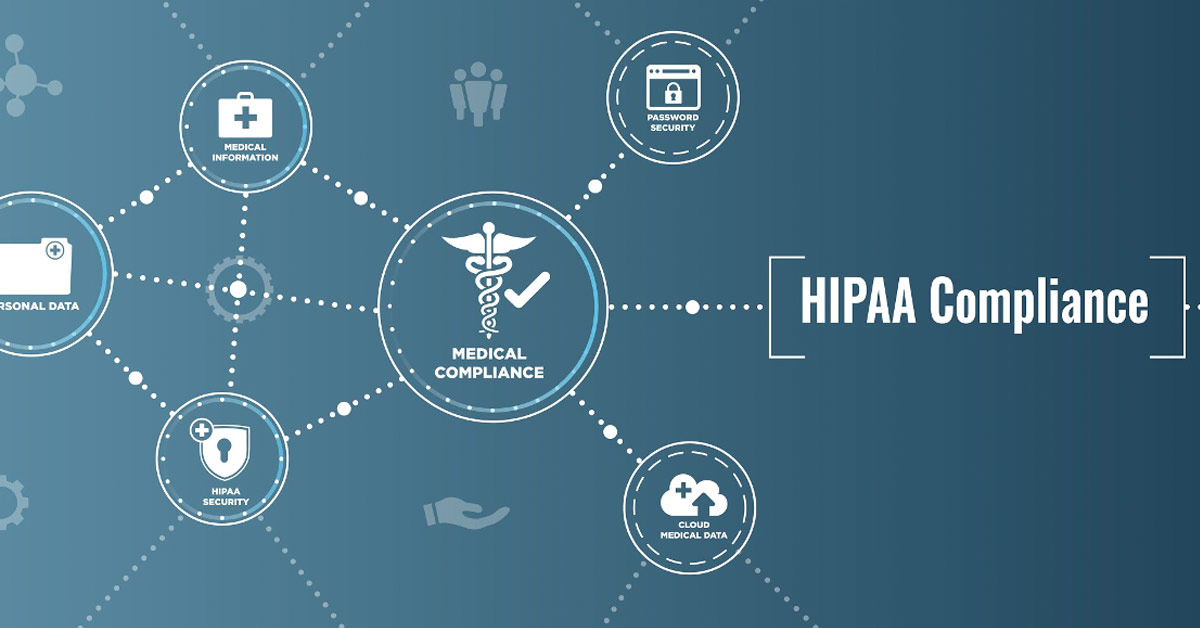HIPAA regulations are essential for any healthcare provider. This federal legislation provides individuals with more privacy and security while also allowing patients to access their personal information. Technology advances rapidly it’s essential to make sure that any new system you adopt adheres to the rules set forth by HIPAA.

HIPAA compliance is a complicated procedure for organizations that struggle to grasp the law and its consequences. HIPAA compliance is essential for both health professionals and employees of the insurance sector. It is crucial to fully examine the rules and ensure that all procedures are compliant. While it can be a challenging task, following the law is vital. It will provide better data privacy protection and customer service, as being able avoid penalties. The business community can grasp HIPAA and take the necessary steps to make sure they are complying with the regulations.
HIPAA regulations can be quite strict. However, the right security and privacy measures are designed to guard the most valuable of things: information. It is essential to have better protections to prevent the unintended or unintentional disclosure of private information, as healthcare has increased its use of digital technology, including Electronic Medical Records. While guidelines have been put in place, it is important to ensure that all individuals adhere to these regulations. HIPAA is vigilant in this to ensure privacy and security.
HIPAA is an important security measure for those in the medical industry and patients whose data is stored. It allows both covered entities as well as business partners (BAs) the flexibility to decide whether they should use an addressable execution specification. This decision is affected by various factors such as the risk analysis mitigation strategy, current security measures, and cost of implementation. CES and BAS are able to look at alternative options or decide to ignore the measures completely when it is feasible given their particular circumstances. HIPAA urges them to take well-informed decisions on data protection and safeguarding and establish an equilibrium between technological measures and the control of users over sensitive information.
HIPAA compliance provides important benefits for many companies. By adhering to the regulations set in the Health Insurance Portability and Accountability Act (HIPAA) businesses can protect the health information of their customers, clients, or patients, ensuring sure that the information is kept private and safe. Compliance ensures that patients’ medical information is only used to their benefit as well as the benefit of their healthcare providers. HIPAA compliance allows individuals to have the ability to make informed decisions on how their private health information is handled and used. It allows them to feel confident that no other person can use or alter their information without their permission. Furthermore, HIPAA compliance mitigates reputational risk for businesses by helping them avoid legal or financial consequences that result from the misuse of the personal information of patients due to the lack of security measures. HIPAA compliance helps to ensure that patients are provided with a positive experience and better protection of their personal medical records.
These are just a few things to keep in mind when thinking about HIPAA compliance. The best way to ensure that you are compliant is to have an understanding grasp of the law, and seek out an expert who will help you determine its meaning and implement the necessary systems and processes in place. It can be challenging to ensure compliance however it is essential for protecting the rights of patients as well as keeping their medical information confidential.
For more information, click subtitle of hitech